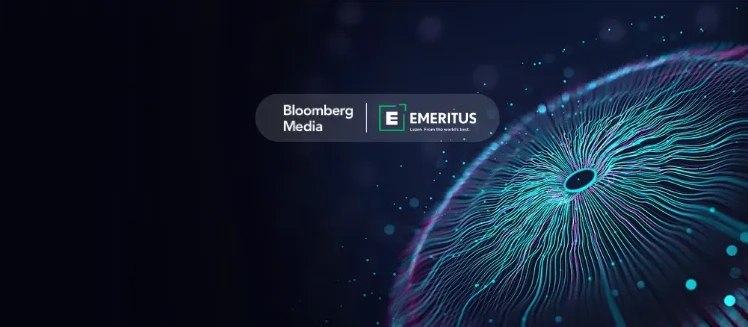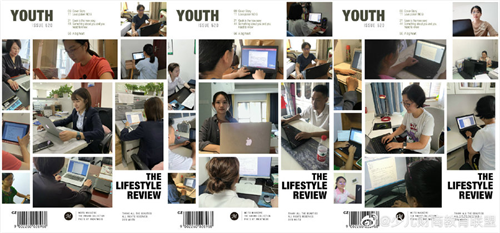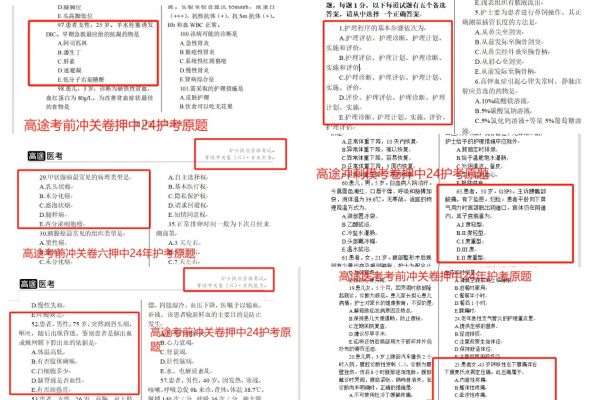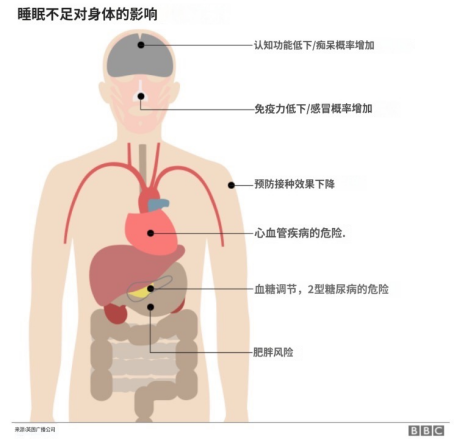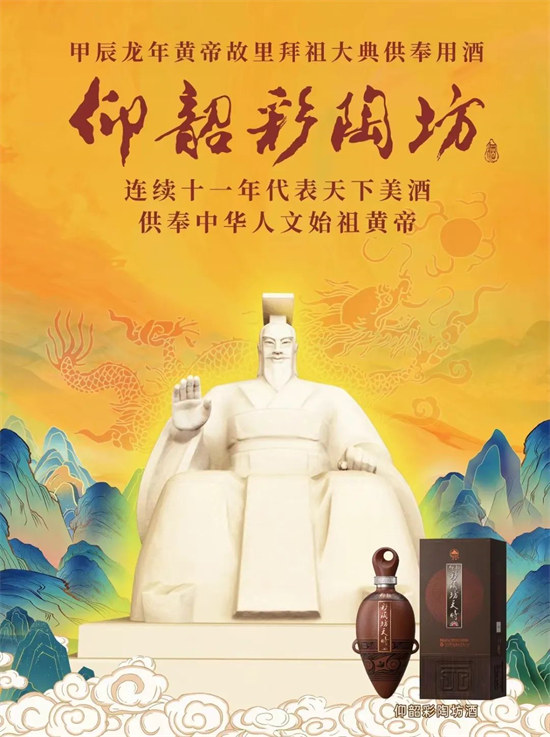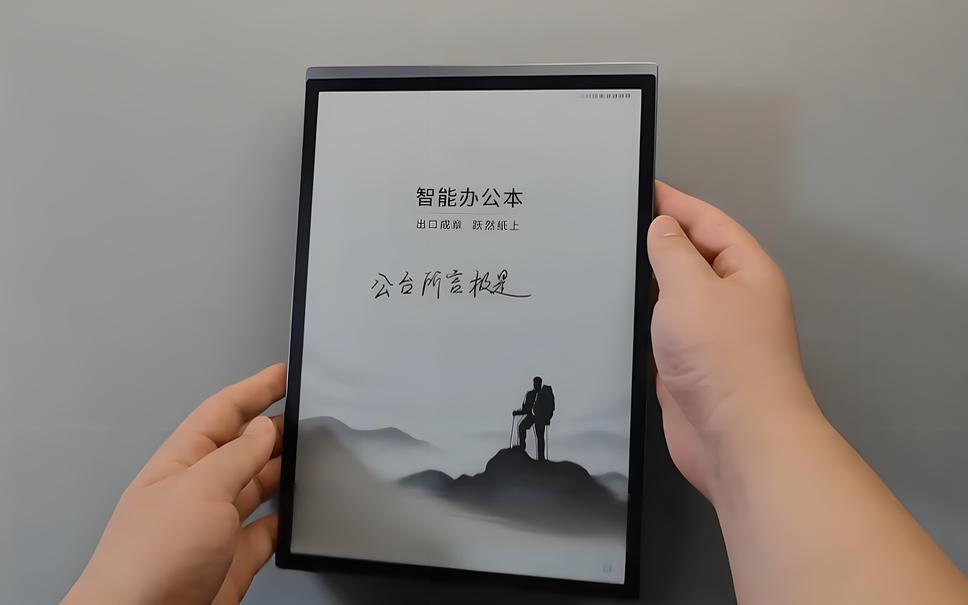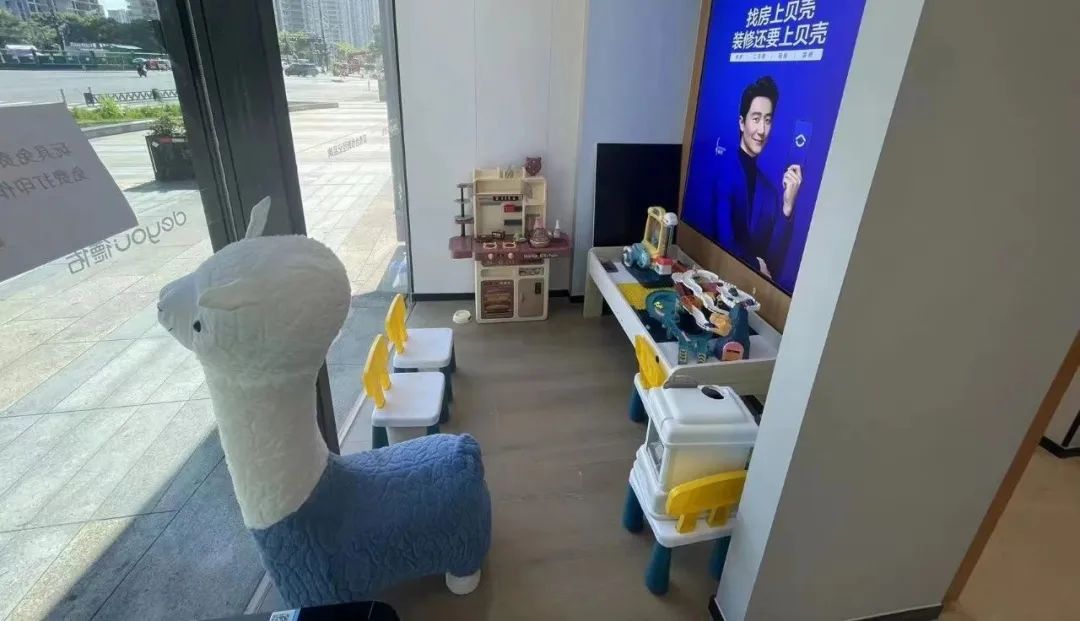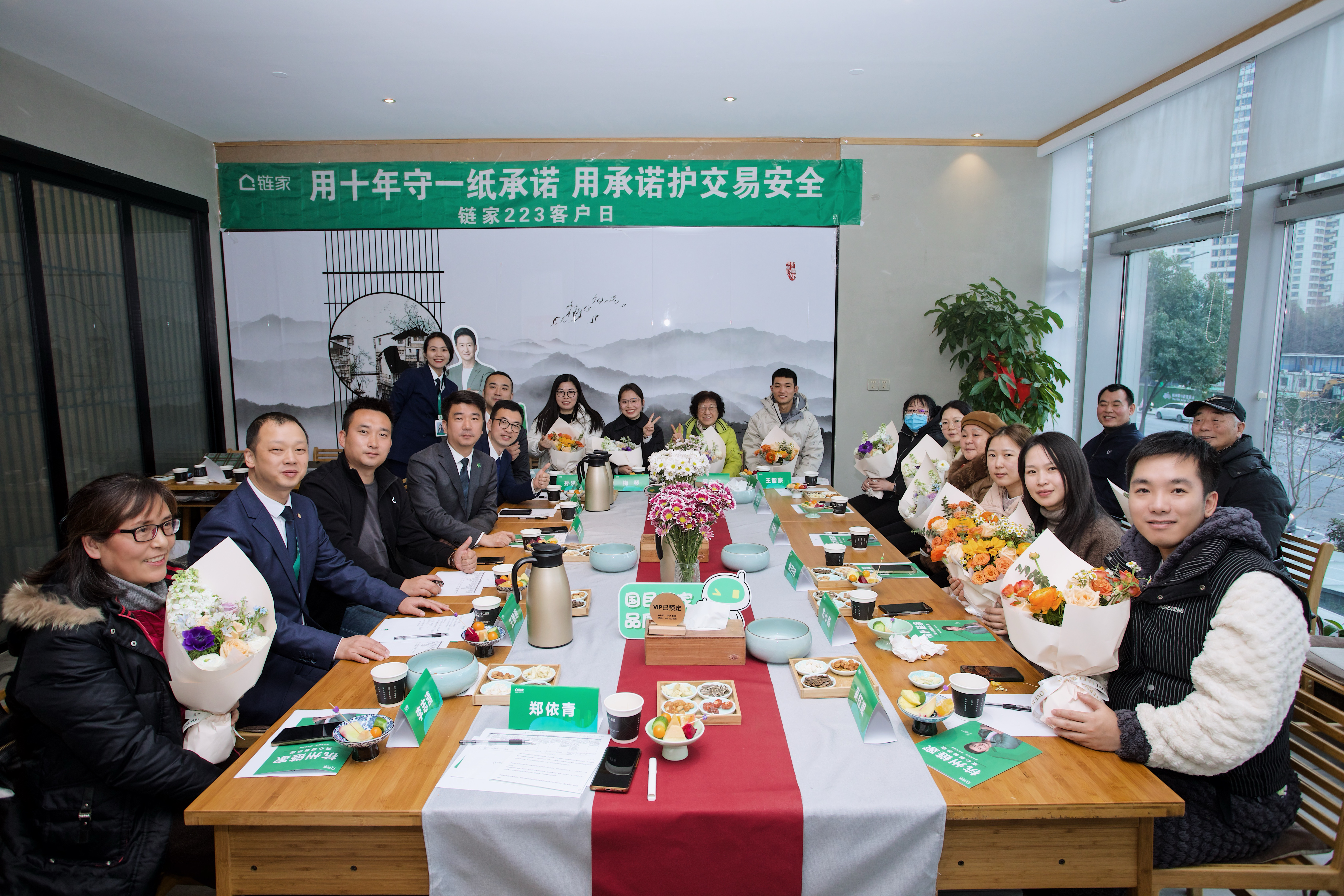题目
1. Why does the woman go to see the professor?
A. To ask the professor to explain a point she was confused about in class
B. To discuss an early version of a paper she is writing for class
C. To explain what revisions she made to a paper in response to the professor's comments
D. To hand in a paper on honeybees that she just completed
2. What mistaken idea does the professor suspect the woman might have?
A. That honeybees dance only for the purpose of communicating with one another
B. That scientists are certain that bees use magnetic fields for navigation
C. That Earth's magnetic field helps honeybees communicate with one another
D. That honeybees have a highly social organization
3. According to the woman, what factor determines whether a honeybee does a round dance or the more complex waggle dance?
A. The type of food it found
B. The richness of a food source it found
C. The relative distance of a food source from the hive
D. The number of bees observing the dance
4. During the conversation, what does the professor come to realize about the woman?
A. That she understands what Earth's magnetic field helps honeybees do
B. That she does not understand some aspects of honeybee communication
C. Why she chose a nonacademic source of information for her paper
D. That she accurately expressed in the paper exactly what she had intended to express
5. What does the professor imply when he suggests the woman should find the original research report?
A. He is not familiar with the article the woman used for her paper.
B. He wants the woman to compare the original research report with a more recent one.
C. The original research report includes additional experiments that the woman should mention.
The source used by the woman presents information in an unclear manner.
Narrator: Listen to a conversation between a student and her biology professor.
Professor: Hi, Suzanne. You’ve been keeping busy?
Suzanne: Really busy. It’s that time of the semester. I’m glad I turned in the first draft as my paper for your class already. Thanks for getting to it so quickly and for seeing me today.
Professor: Sure. Yes, it looks like it will be a good paper. Great topic but I think it could use a little more work because it’s just that I found it a bit unclear in places so I want to make sure I understand what you intended to do before I make suggestions for admissions.
Suzanne: Okay.
Professor: So can you summarize, tell me in a few sentences the main ideas you want to get across?
Suzanne: Okay. Well, honeybees can communicate the location of food to other honeybees and the idea was to describe how they use Earth’s magnetic field in that process.
Professor: To help them communicate?
Suzanne: No, to help them find their way, to navigate.
Professor: Okay. See, I wasn’t sure you separated those two ideas. One that honeybees could communicate with other honeybees and two, that they might be using the magnetic field but only for navigation.
Suzanne: Oh.
Professor: Are you sure you understand that?
Suzanne: I think so. After they find food and return to the hive, they move in different ways to communicate different things. Like they do a simple dance, the round dance, to communicate that a food source is nearby. But they do a more complex dance, the waggle dance, if the food is farther than, like seventy-five meters away. Both dances convey information about the distance from the hive to the food source and the waggle dance conveys the direction of the food from the hive.
Professor: Okay, good. And where is the magnetic field for that?
Suzanne: Well, they have cells in their body that contains iron. So we assume that they’re able to sense Earth’s magnetic field, which might help them navigate. It’s likely that they have an internal compass, like if they get blown off course by the wind, they can get back on course.
Professor: Okay, good. The thing is in your draft, it rather showed that the magnetic field was irrelevant to the bee dance through communication. I looked over your list of sources and I thought I could see why.
Student: There’s a problem with my sources?
Professor: Well, the article you sited on magnetic navigation isn’t very academic. It’s more of a general interest article. I thought that maybe you relied too much on its wording so I was going to suggest you go back and find the original research report which presents the information in a more precise and clear way. But maybe you just need to revise your own wording in your paper. I think when you look at it again you will know what I’m talking about. If you have any questions, come by again.
答案
1. B 2. B 3. C 4. B 5. D




